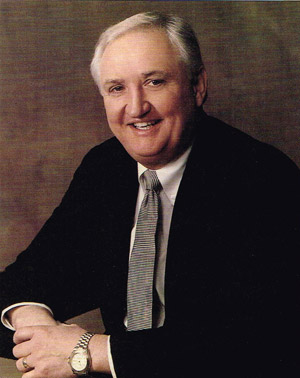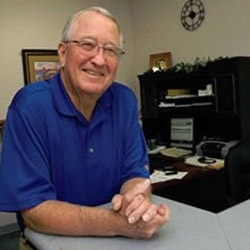By Andy Ives, CFP®, AIF®
IRA Analyst
Follow Us on X: @theslottreport
Question:
I understand that my kids will need to empty my Roth IRA in 10 years, but do they need to take RMDs in years 1 through 9? I am beyond my RMD age.
Larry
Answer:
Larry,
Assuming none of your children can qualify as an eligible designated beneficiary (disabled or chronically ill), then they will have to abide by the 10-year rule. However, even though you are beyond your required beginning date (RBD) for taking lifetime RMDs, we know that RMDs do not apply to Roth IRA owners. As such, all Roth IRA owners are deemed to die before their RBD. Since RMDs were not “turned on” by you during your lifetime, then RMDs will not apply within the 10-year rule for your children. They can let the inherited Roth IRA grow tax-free and untouched for a decade.
Question:
I’m a fan of your Monthly IRA Update; thank you for your helpful explanations of the changes to IRA rules. I have a question I hope you can help clarify: I read in your recent article “Anomalies and Exceptions” (8/9/23) that when a traditional IRA owner dies and his IRA is passed to a beneficiary, that beneficiary must maintain the account as an inherited IRA. The inherited account cannot then be converted to an inherited Roth IRA. No direct conversions are allowed.
So, here’s my question…if a surviving spouse did a spousal rollover of the deceased spouse’s traditional IRA into his/her own traditional IRA, could the surviving spouse then do a direct conversion to his/her own Roth IRA? Would that direct conversion be allowed? Would it matter if the deceased spouse was already taking RMDs from his/her traditional IRA?
Thank you,
Margo
Answer:
Margo,
Spouse beneficiaries have a number of benefits available to them that non-spouse IRA beneficiaries do not. You mentioned a spousal rollover. A spouse beneficiary is allowed to transfer a deceased spouse’s IRA into her own IRA. After the spousal rollover, the assets are treated as if they always belonged to the surviving spouse. So, if a spouse beneficiary did a spousal rollover of a deceased spouse’s traditional IRA into her own IRA, yes, that surviving spouse could then convert those dollars to a Roth IRA. If the deceased spouse was taking RMDs, just be sure the year-of-death RMD is taken before any Roth conversion is done.
https://www.irahelp.com/slottreport/10-year-rule-and-spousal-beneficiaries-todays-slott-report-mailbag


